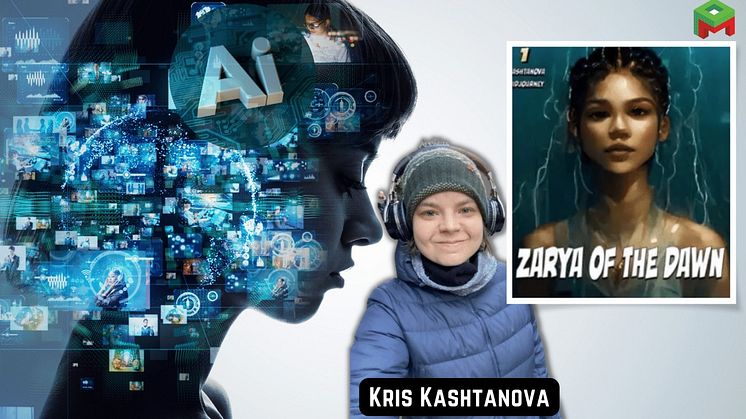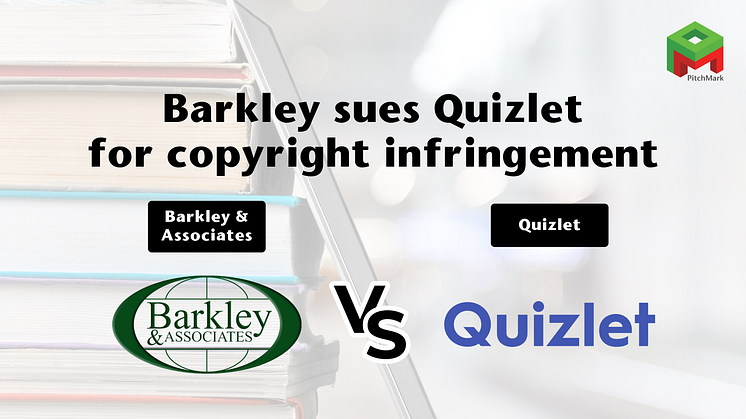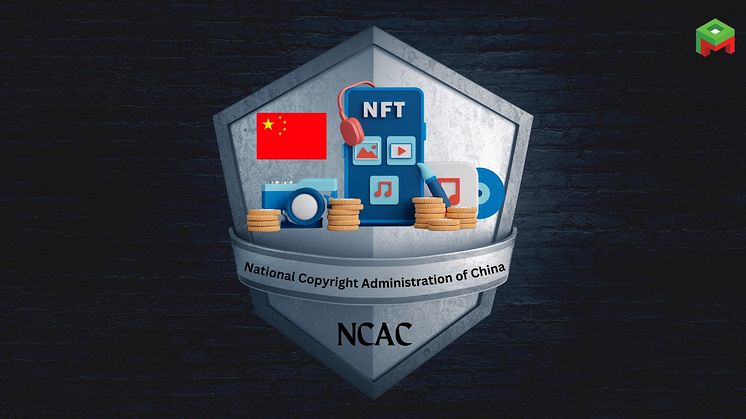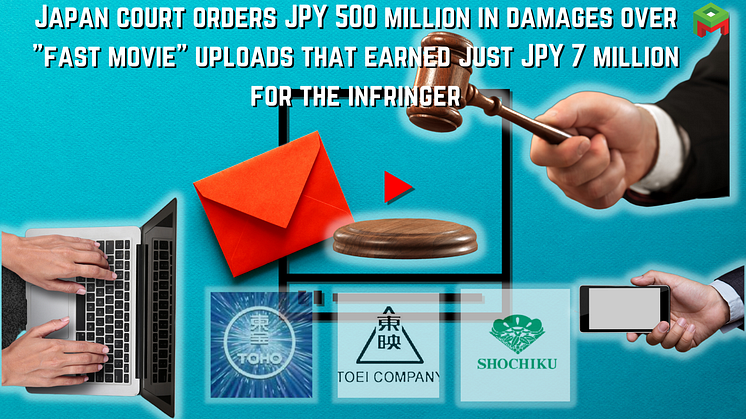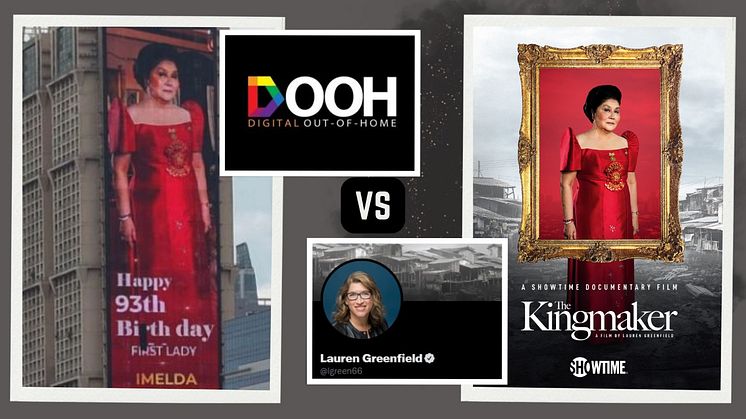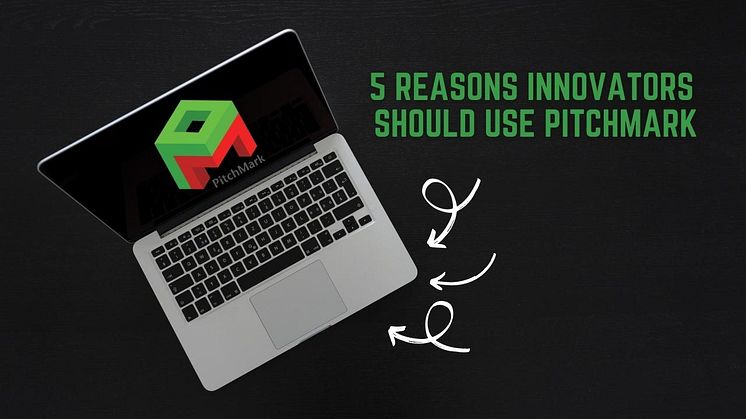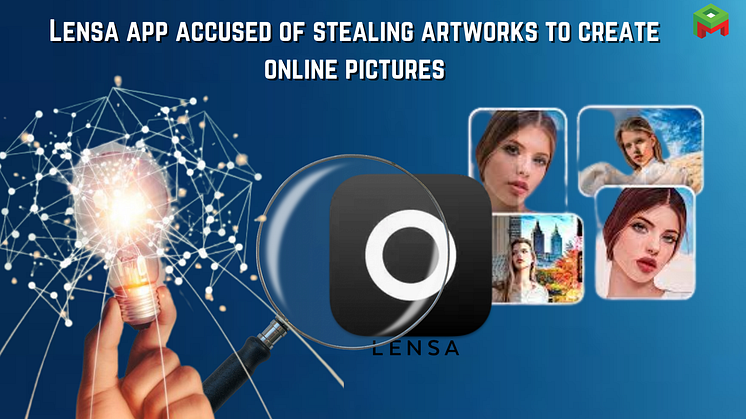
News -
Lensa app accused of stealing artworks to create online pictures
Australia-based artist Kim Leutwyler has accused the Lensa app of stealing artists' work in order to create artificial intelligence (AI)-based self-portraits and has demanded stringent copyright laws to combat AI-generated art.
The photo and video editor app Lensa recently launched an AI-based feature called "magic avatar" that uses AI to produce stylized portraits of users who upload pictures of themselves.
Since its launch, the app has become very popular and is trending on social media, but artists are complaining that the software affects their creations, and some even allege that these platforms are stealing their work.
In a news article by The Guardian, Leutwyler claims Lensa AI replicates distinct aesthetics that resemble other artists' work.
“When I started seeing all of these Lensa app-generated portraits posted by some of my friends, even some other artists, I was instantly skeptical,” Leutwyler told the media house.
“They are calling it a new original work but some artists are having their exact style replicated exactly in brush strokes, color, composition – techniques that take years and years to refine.”
When Leutwyler used the website haveibeentrained.com to confirm whether her work was copied by AI, she was surprised to see that almost all her work has been copied.
“It’s frustrating and it feels like a violation. We’ve not been compensated, we’ve not been credited,” she said.
When it comes to AI art, Leutwyler believes that copyright laws have not kept up with the rate at which technology is progressing.
The company behind the app, Prisma Labs, has denied this allegation.
In a long Twitter thread, the company said: “AI won’t replace artists but can become a great assisting tool”.
“Neural Networks learn to recognize specific patterns and connections between the images along with their text descriptions,” the company continued in the tweet.
“This way, the AI develops a mental model, the general operational ‘how-to’ principles, that can be broadly applied in the process of content generation,” it said.
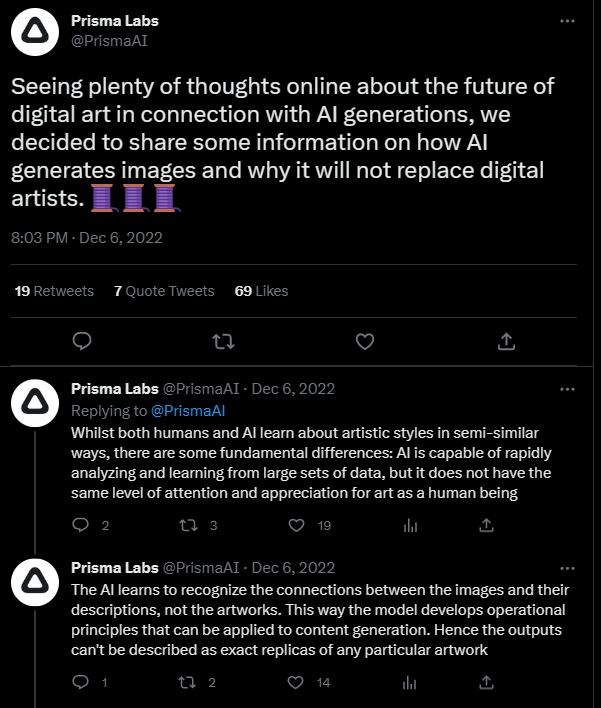
Several artists have previously accused Stable Diffusion of stealing their creations for the AI model's training.
Author Brendan Noble said: “Lensa and basically every art AI are stealing from actual artists. Some pieces literally have the original artist's signature on them. These AI don't use human creators as inspiration, they use them as templates to copy and combine.”
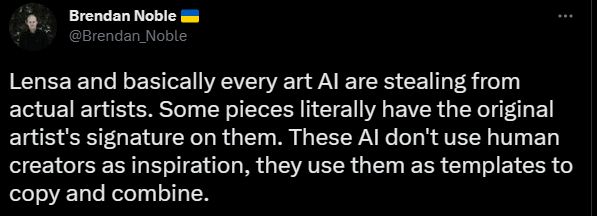
Another artist Nicolle Fallucca thinks the Lensa app is a scam as it steals other people’s artwork and does not give credit to the artist.
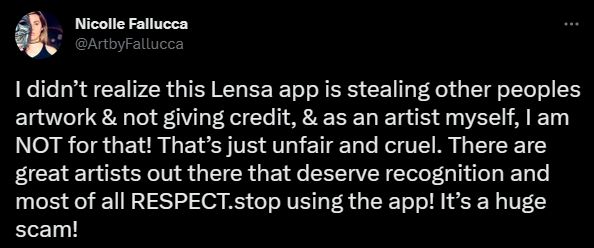
PitchMark has covered a story about how a New York-based artist Kris Kashtanova became the first person to file a copyright application for her 18-page comic book, "Zarya of the Dawn," which was produced using the AI art program Midjourney, but the registration was later canceled by the Copyright Office citing failure to recognize the use of AI.
PitchMark helps innovators deter idea theft, so that third parties that they share their idea with get the idea but don’t take it. Visit PitchMark.net and register for free as a PitchMark member today.

